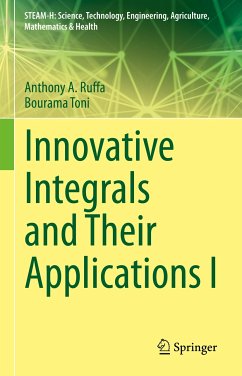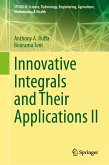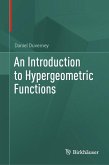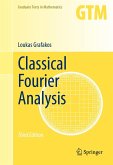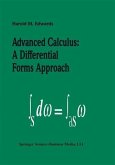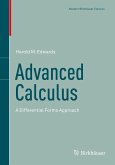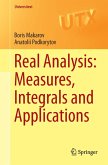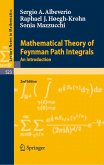This book develops integral identities, mostly involving multidimensional functions and infinite limits of integration, whose evaluations are intractable by common means. It exposes a methodology based on the multivariate power substitution and its variants, assisted by the software tool Mathematica. The approaches introduced comprise the generalized method of exhaustion, the multivariate power substitution and its variants, and the use of permutation symmetry to evaluate definite integrals, which are very important both in their own right, and as necessary intermediate steps towards more involved computation.
A key tenet is that such approaches work best when applied to integrals having certain characteristics as a starting point. Most integrals, if used as a starting point, will lead to no result at all, or will lead to a known result. However, there is a special class of integrals (i.e., innovative integrals) which, if used as a starting point for such approaches, willlead to new and useful results, and can also enable the reader to generate many other new results that are not in the book.
The reader will find a myriad of novel approaches for evaluating integrals, with a focus on tools such as Mathematica as a means of obtaining useful results, and also checking whether they are already known. Results presented involve the gamma function, the hypergeometric functions, the complementary error function, the exponential integral function, the Riemann zeta function, and others that will be introduced as they arise. The book concludes with selected engineering applications, e.g., involving wave propagation, antenna theory, non-Gaussian and weighted Gaussian distributions, and other areas.
The intended audience comprises junior and senior sciences majors planning to continue in the pure and applied sciences at the graduate level, graduate students in mathematics and the sciences, and junior and established researchers in mathematicalphysics, engineering, and mathematics. Indeed, the pedagogical inclination of the exposition will have students work out, understand, and efficiently use multidimensional integrals from first principles.
A key tenet is that such approaches work best when applied to integrals having certain characteristics as a starting point. Most integrals, if used as a starting point, will lead to no result at all, or will lead to a known result. However, there is a special class of integrals (i.e., innovative integrals) which, if used as a starting point for such approaches, willlead to new and useful results, and can also enable the reader to generate many other new results that are not in the book.
The reader will find a myriad of novel approaches for evaluating integrals, with a focus on tools such as Mathematica as a means of obtaining useful results, and also checking whether they are already known. Results presented involve the gamma function, the hypergeometric functions, the complementary error function, the exponential integral function, the Riemann zeta function, and others that will be introduced as they arise. The book concludes with selected engineering applications, e.g., involving wave propagation, antenna theory, non-Gaussian and weighted Gaussian distributions, and other areas.
The intended audience comprises junior and senior sciences majors planning to continue in the pure and applied sciences at the graduate level, graduate students in mathematics and the sciences, and junior and established researchers in mathematicalphysics, engineering, and mathematics. Indeed, the pedagogical inclination of the exposition will have students work out, understand, and efficiently use multidimensional integrals from first principles.
Dieser Download kann aus rechtlichen Gründen nur mit Rechnungsadresse in A, B, BG, CY, CZ, D, DK, EW, E, FIN, F, GR, HR, H, IRL, I, LT, L, LR, M, NL, PL, P, R, S, SLO, SK ausgeliefert werden.
Es gelten unsere Allgemeinen Geschäftsbedingungen: www.buecher.de/agb
Impressum
www.buecher.de ist ein Internetauftritt der buecher.de internetstores GmbH
Geschäftsführung: Monica Sawhney | Roland Kölbl | Günter Hilger
Sitz der Gesellschaft: Batheyer Straße 115 - 117, 58099 Hagen
Postanschrift: Bürgermeister-Wegele-Str. 12, 86167 Augsburg
Amtsgericht Hagen HRB 13257
Steuernummer: 321/5800/1497
USt-IdNr: DE450055826
Bitte wählen Sie Ihr Anliegen aus.
Rechnungen
Retourenschein anfordern
Bestellstatus
Storno

